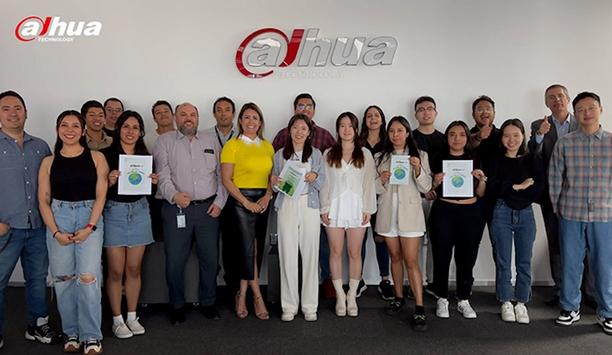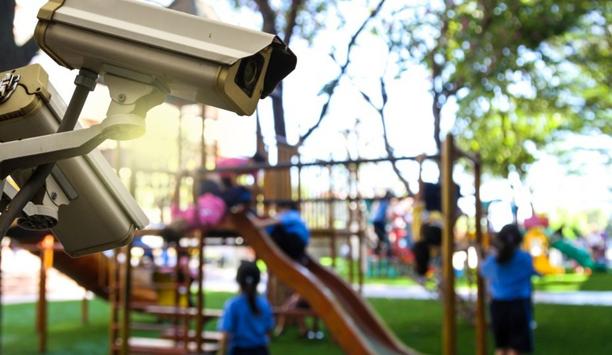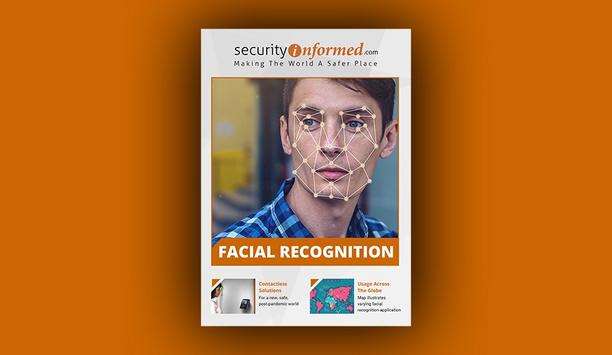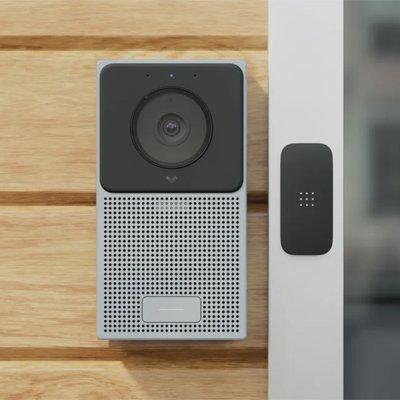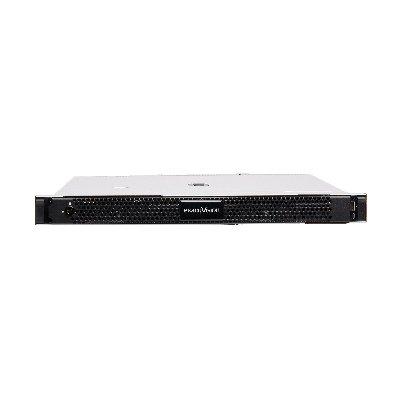 |
| Conferences in persistent surveillance and energy harvesting are new this year at SPIE |
Conferences in persistent surveillance and energy harvesting are new this year. The 2,300 technical presentations will cover topics such as:
- IR, radar, passive millimetre-wave, and terahertz imaging
- Chemical biological radiological nuclear and explosives (CBRNE)
- Cyber sensing
- Nanosensors
- Biometrics
- Biomimetics
- Laser sensors and systems
- Unmanned, robotic, and layered systems
- Displays
The 2300 technical presentations will cover topics like biometrics, nanosensors, space technologies, sensing and systems etc
- Space technologies
- Sensing and systems
- Image and data processing
- Visual analytics situation management
- Information systems and networks
An education program offers 54 courses on technology topics in infrared, sensing, imaging, security, laser systems, and optoelectronics, and on professional development.
Exhibitors will show IR imagers, sensors, and optics technology in use or development for defence, industrial, and commercial applications. A return feature in the exhibition is a display of robotics and unmanned systems currently deployed by the U.S. armed forces, including a scale model of the General Atomics Air Force MQ-9 Reaper, ISP Optics Penguin, and live demonstrations of unmanned ground vehicles.
Zachary J. Lemnios, Director, Defence Research and Engineering and CTO of the U.S. Department of Defence, will give a symposium plenary talk on "Transforming U.S. Defence R&D to meet 21st Century Challenges."
Fenner Milton, Director of the Night Vision and Electronic Sensors Directorate of the U.S. Army Research, Development & Engineering Command, will receive a Lifetime Achievement Award and speak at the symposium banquet. Milton's laboratory develops electro-optical technology such as image intensifiers, infrared sensors, and tactical lasers.
Exhibitors will show IR imagers, sensors, and optics technology in use or development for defence, industrial, and commercial applications |
John Zolper, Vice President of R&D at Raytheon, will give an industry keynote talk. Michael Eismann, Air Force Research Lab, is Symposium Chair, and William Jeffrey, HRL Labs, is Symposium Co-chair.
Conference proceedings are published in the SPIE Digital Library in per-paper mode as soon as approved after the meeting, and also in collected print and digital volumes and collections.
